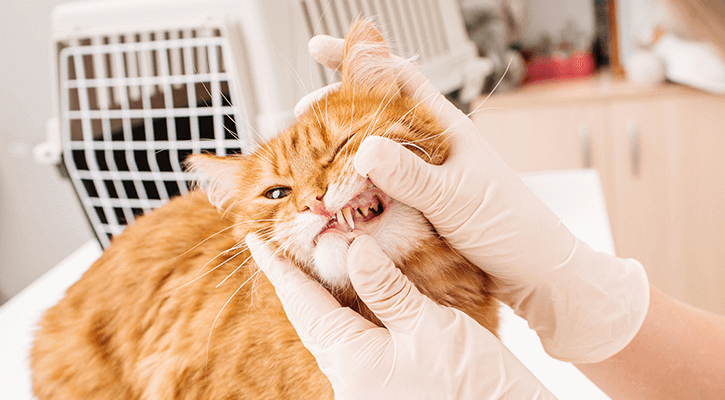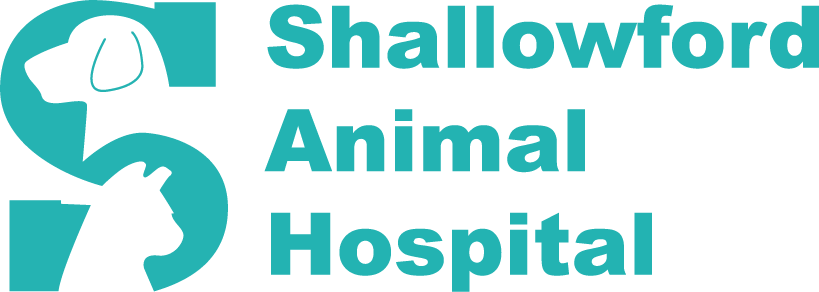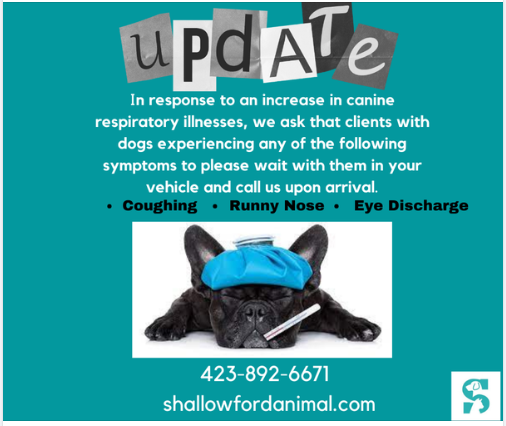
Specialty Dental Care
One of the most overlooked aspects of animal health is dental health. Our doctors and staff at Shallowford Animal Hospital have great expertise in this area and are eager to treat pets and educate their owners on proper dental care. Cleaning your pet’s teeth and gums is important in order to prevent the buildup of harmful bacteria from old food, bad water and even harmful meat bones. If the bacteria are not properly prevented, infection and serious illness can occur.
One diagnostic tool that Shallowford Animal Hospital uses in dental care is digital dental radiography. This allows our veterinarians to see not only the exterior of the teeth but also the roots of the teeth and the jaw bones and structure for effective treatment of any orthodontic issues.
Dental Cleanings & Procedures
Extensive tooth cleaning, gum care and even tooth extractions are done on a regular basis in our clinic. Once a procedure is done on your animal, our staff will be happy to give you advice on how to keep your pet’s mouth clean. This may include at-home brushings, food geared towards healthy teeth and even tasty treats that clean teeth. If you would like to purchase these products or are interested in having your pet’s mouth examined then please call Shallowford Animal Hospital for more information at 423-892-6671

Symptoms of Gingivitis
In the early stages of gingivitis, dogs may show mild signs of inflammation of their gums. As the disease progresses, the symptoms will progress as well. Dogs with gingivitis typically will show one or more of the following clinical signs, depending upon the stage and severity of their disease:
- Bad breath (halitosis; this is one of the hallmarks of dental disease in dogs)
- Swollen gums (edematous gingiva)
- Red gums (erythemic gingiva)
- Bleeding gums (gingiva bleed easily with light pressure)
- Ulcerated gums
- Plaque build-up (“stained teeth”)
- Calculus build-up (“tartar”)
- Irregular gingival (gum line) surfaces
- Pus oozing from the gum line upon contact
- Pain
- Difficulty chewing
- Reluctance to eat (despite obvious hunger)
- Excessive salivation (drooling; ptyalism)
- Loose teeth
As gingivitis worsens, the dog’s gums may visibly appear to recede. Unfortunately, affected dogs often resist close inspection of their oral cavities, because this condition can be extremely painful. It can be quite challenging for a veterinarian to get a good look at the mouth of a dog with gingivitis.
Schedule an Appointment or Exam Today
To make an appointment for a dental exam or cleaning, call us at (423)-892-6671.

